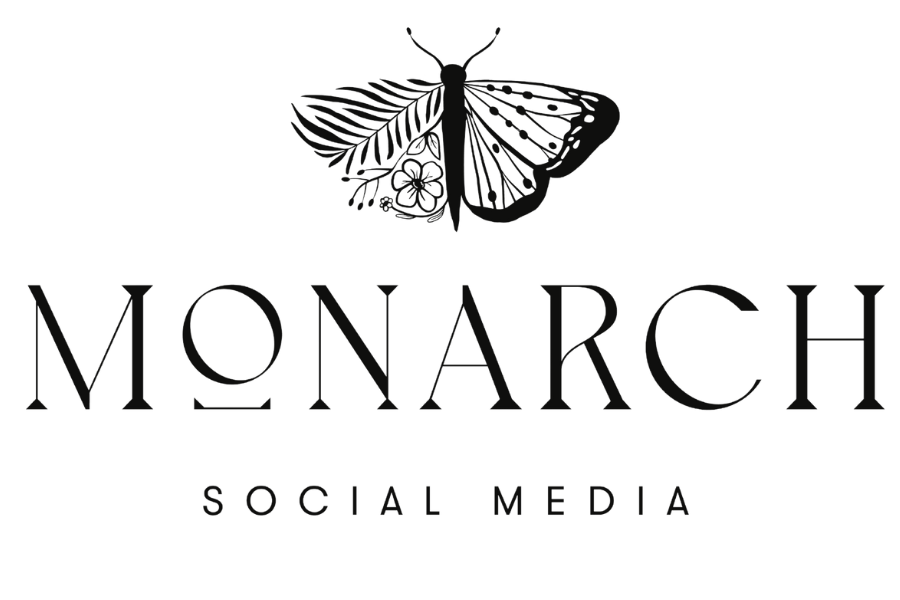Outsourcing social media has become common practice for growing companies, but so has the frustration that follows when it does not work. Flat growth. Declining reach. Comment sections left untouched. Leadership teams walking away convinced that social media just is...
Social Media Isn’t Just Marketing: It’s Customer Education and Support in Disguise
Social media isn’t where people convert. It’s what helps them decide.
Let’s get this out of the way first: social media’s primary function is not to drive sales.
It sits at the top of the funnel. It builds awareness. It earns attention. But it’s rarely the place where someone makes the final decision to buy.
That said, it still has a major influence on what happens next. Because the real job of social media isn’t just to promote what you do. It’s to answer questions, remove doubts, build trust, and offer real-time support.
If you’re only using your social channels to sell, you’re missing the bigger opportunity: educating your audience and supporting them as they move toward a buying decision.

Most people aren’t calling. They’re DMing.
Whether you’re selling services, products, or something in between, your customers are skipping phone calls and emails. They’re heading straight to Instagram messages, Facebook comments, and TikTok threads to get answers.
If no one’s there to respond, you lose the opportunity to guide them.
Support and education are what bridge the gap between awareness and conversion. That means showing up, not just with content, but with people who are ready to listen and respond.
How great brands build trust with responsiveness
We see this every day across our client accounts. For example, one client we work with has a Facebook community of over 20,000 followers and regularly reaches more than a million people each month. With that kind of visibility comes questions. Lots of them.
When we first started with this brand, we combed through their historic inbox messages and identified every common question we could find. We asked the client directly for responses, documented them, and built a key messaging sheet that continues to grow four years later.
Every weekday morning, one of our community managers logs in to respond to messages and comments. Not just to reply, but to provide real help.
That support builds trust. It reflects the client’s values: care, responsiveness, and purpose beyond profit. And yes, it regularly influences sales by helping customers who are stuck or confused make the next move.
We get messages like “thank you so much, you’re so helpful.” That’s the experience we want people to have when interacting with our clients online. That’s what builds loyalty.
Support doesn’t just happen in the inbox. It starts with content.
If all you’re doing is posting “buy now” content, your audience is going to tune out. You’ll start to feel like your social media isn’t working, when really the problem is that you’re speaking at your community, not with them.
Here’s the easiest content strategy most businesses overlook: start by turning your most common questions into posts.
If you’re getting questions like “What social media services do you provide?” you already have the foundation for a content series. In our case, we offer over 30 different social-related services. That’s a year’s worth of posts, just answering that one question in detail.
This works even better for complex industries like healthcare or wellness, where people are looking for education before they commit. When you’re talking about someone’s body, pain, or wellbeing, you’re dealing with something personal. That means trust comes first.
And trust is built through clarity. Through education. Through calm, confident answers to real questions.

Putting it into action
If you’re ready to improve how you use social media, start here:
Test your responsiveness.
Ask a friend to send your account a message and report back on how long it takes to get a reply. If it’s more than a day (or worse, there’s no reply at all) it’s time to rework your communications strategy.
Build a key messaging sheet.
Document the most common questions your customers ask. Write clear responses. Make sure your team has access and updates it often. This helps you respond faster and more consistently, without starting from scratch every time.
Create content from those questions.
Your FAQs are your content calendar. Use them to educate your audience. Break down the details of what you do, who you help, what to expect, and how to work with you.
Great content does three things
If you’re not sure what to prioritize, here’s a simple framework:
Every piece of content should aim to do at least one of the following:
- Market your product or service clearly
- Educate your audience by answering real questions
- Support potential or existing customers with useful, timely information
This is how you build a content strategy that doesn’t just perform, but builds brand equity over time. It shows your audience that you’re not just selling. You’re showing up for them.

Book a free 15-minute discovery call
If your content isn’t doing all three of those things, we can help. Let’s talk about how to turn your social channels into something more than a feed of promotions, and start using them to educate, support, and build long-term trust.
What Should a Small Business Include in a Comprehensive Social Media Strategy in 2026?
For most small businesses, social media does not fail because of lack of effort. It fails because of lack of structure. Owners know social media is important for growth, visibility, and credibility. They post when they can, experiment with ideas, and try to stay...


